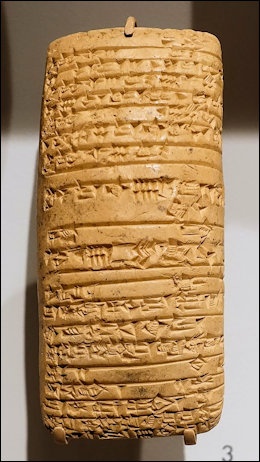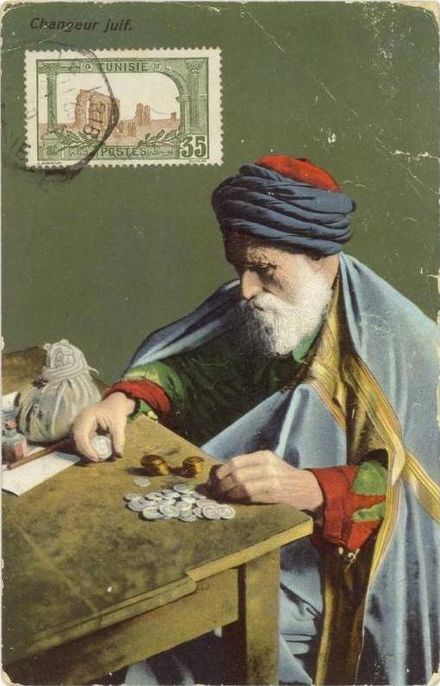Trauma has social, political and economic consequences. The people who have innovated and shaped our institutions, like social leaders, politicians and economists, have developed from early lives that have been more or less stressful and traumatizing. Of course, they have carried the some elements of their life experiences into the social, political and economic domains.

As for economics, it seems evident that homo oeconomicus, with his exclusive focus on utility maximization for personal benefit and the winner-takes-all principle of the competitive market economy, is a prime example of a person whose stress response system is permanently on high alert, producing the vigilance characteristic of people accustomed to danger from every direction. "You gotta watch our for your own interests, because no one else will" is a lesson one may learn very early in life, and research over the past 20-30 years has shown that such an early environment affects brain structure and neural development in profound ways.
In terms of the history of our civilization, early peoples lived in varying degrees of peace and war with each other. Tribes tended to maintain inner peace by extensive relationships of sharing and caring, and towards other tribes relations were more or less peaceful or conflictual. In the latter case, theft, violence and tribal war gave access to coveted resources - hunting grounds, fertile land, human labor, fecund women, etc.
Later, most civilizations developed money as a means to regulate access to resources. Money were written units or digits recorded on media like clay tables, papyrus scrolls, ledger books, coin, or circulating paper (bills, notes, checks). One unit of money held by someone gave that person access to so many goods, services, housing or land units, etc. Trade was a more peaceful means of interacting with people outside of the tribe, and soon commerce between people in burgeoning city-states were engaged in money-facilitated trade and business.
One may speculate that in relatively peaceful, well-regulated tribes and original communities, children were cared for in ways so "natural" and attached that they grew up with most physical and psychological needs met and hence emotionally well-regulated. Little acquisitiveness or competitiveness for additional resources may have been common.

As civilizations grow and change, maybe as they become agricultural, needs are not attended to as well, and the inclination for material possessions and wealth increase. Money emerges in large societies with complex and random social relations that are not well regulated by the intimate mutual knowledge held by tribal members. Money regulates who gets what. If you have money, you have access to resources; if you have none, no food, shelter or safety will come your way.
Money becomes a powerful regulator of access to physical resources as well as a regulator of psychological needs. Obtain money and you will be safe, not exposed to the vissicitudes of life, or so public opinion has it, increasingly. Capitalism is the climax of this development. Here, all (limited) needs are commercialized (into boundless demand), and in financialized economy of the past forty years, money is often considered the end-all and be-all.
Materialism, as studied in Self-Determination Theory (Ryan and Deci, 2017), is human psychological needs gone awry, embodying the needs substitutes and the Ersatz pursuits of wealth, popularity and physical appearance. Parental neglect, abandonment and abuse traumatizes people, keep them on high alert and induce them to find substitutes for attachment, respect and love elsewhere.

Of course, the inventors and manipulators of money -- the money changers, merchants and bankers and their apologists and scribes, the economists -- conveniently omitted to mention where money comes from. Surely, if you can grab existing money by earning, inheriting or stealing it, you're in good shape, but if you can create new money, you're a made man.
Amassing money by honest work, inventiveness, entrepreneurial skill, investment savvy or by letting yourself be born by the wealthy, or even robbing banks; these are well-known accomplishments. But possessing the privilege of creating new money, with which one encroaches on the resources already allocated to those with pre-exisiting money, is an altogether special position to be in. Today, it is occupied by banks, commercial banks, in flagrant violation of everything presupposed by an ignorant populace kept in the dark for centuries.
About this I have written extensively elsewhere. Suffice it here to say that in the regulation of access to resources, be they those of the economy or the corporeal energy controlled by allostasis, lies much to be learned about the well-being of the body economick and the body psychologick.
No comments:
Post a Comment